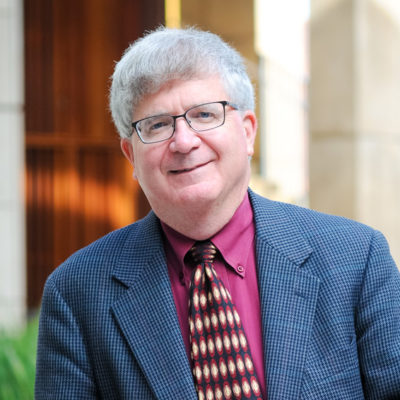Justice Scalia, Originalism, Free Speech And The First Amendment
Summary
The late Justice Antonin Scalia definitely availed himself of First Amendment freedoms. He was generally regarded as the most outspoken member of the Supreme Court, both on the bench and off, and he was a prolific writer as well, author of many books (affiliate link) and articles.
As a jurist, Justice Scalia was a staunch protector of free speech — even though, interestingly enough, the First Amendment doesn’t lend itself easily to originalism, his favored mode of analysis. These themes emerged during two panels at the Federalist Society’s recent 2016 National Lawyers Convention, centered on celebrating Justice Scalia’s life and legacy. The first panel focused on free speech, election law, and originalism, and the second panel covered Justice Scalia’s influence on different areas of law, including free speech law.
…
Justice Scalia’s protectiveness of the First Amendment flowed more from his views on stare decisis and his respect for precedent, rather than his originalist approach to constitutional interpretation. As both Nadine Strossen and Floyd Abrams pointed out, modern First Amendment jurisprudence doesn’t flow naturally from originalism. Or as their fellow panelist Michael McConnell put it, “Free speech has been kind of a desert when it comes to originalism.”
Originalism, or interpreting constitutional provisions based on their original public meaning at the time of enactment, focuses on text and history. But the text of the First Amendment — “Congress shall make no law… abridging the freedom of speech, or of the press” — is brief and a bit opaque. And looking at historical circumstances and practice doesn’t help much either, at least in terms of making sense of current SCOTUS jurisprudence. As noted by Strossen, during the Founding era there were laws on the books against seditious libel — laws that would be clearly unconstitutional today. Similarly, Professor Michael McConnell observed that prosecuting purveyors of pornography, which is circumscribed by the First Amendment today, would have been fine at the time of the Founding.
Read More
